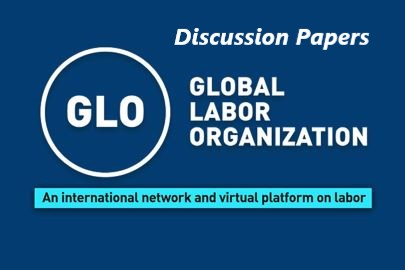A new GLO Discussion Paper finds strong evidence of subgroups of states that converge to different steady states (club convergence).
GLO Discussion Paper No. 1037, 2022
Are greenhouse gas emissions converging in Latin America? – Download PDF
by Belloc, Ignacio & Molina, José Alberto
GLO Fellow José Alberto Molina

Author Abstract: This paper investigates greenhouse gas emissions convergence among twenty Latin American countries, for the period 1970 to 2015. To that end, we use the Phillips-Sul methodology to examine whether these countries have followed an absolute convergence process or, whether there has been a club convergence process. Our results offer important insights into the greenhouse gas emissions catch-up exhibited by several countries, and do not support the hypothesis that all countries of the Latin American region, taken together, converge to a single equilibrium state in greenhouse gas emissions intensity. We find strong evidence of subgroups that converge to different steady states. An iterative testing procedure reveals the existence of different patterns of behavior and shows that such emissions are not uniform across these countries. We also identify the forces underlying the creation of clubs and the likelihood that any given country will be a member of any convergence club. Estimates from an ordered logit model reveal that economic structure, the unemployment rate, population density, and per-capita income play a crucial role in determining the formation of convergence clubs.

GLO Discussion Papers are research and policy papers of the GLO Network which are widely circulated to encourage discussion. Provided in cooperation with EconStor, a service of the ZBW – Leibniz Information Centre for Economics, GLO Discussion Papers are among others listed in RePEc (see IDEAS, EconPapers). Complete list of all GLO DPs – downloadable for free.
The Global Labor Organization (GLO) is an independent, non-partisan and non-governmental organization that functions as an international network and virtual platform to stimulate global research, debate and collaboration.
Ends;

